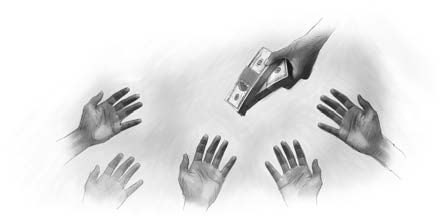Truck driver Safan Karamath likes goose bumps.
The small bumps form on his arms when he listens to a sermon. They rise during prayer and when he talks about his new love for Jesus.
“I really feel God’s presence here,” Karamath said, extending a bare arm during an interview at the University of the Southern Caribbean, a Seventh-day Adventist educational institute on the island nation of Trinidad and Tobago. Small bumps dotted his brown skin.
“This always happens to me when we speak about God,” he said. “I take it as a sign that I am not alone.”
Karamath has felt alone for many of his 53 years.
An only child, his mother died when he was young. He was raised by an alcoholic father in a Muslim community in Trinidad.
“Father was always drunk, so I had to run from him when he came home,” Karamath said. “I relied on myself alone.”
Karamath regularly attended services at the local mosque with the other children. After marriage, he and his wife converted to Hinduism and raised eight children, all of whom were christened in the Roman Catholic Church.
But Karamath still felt alone. As he sought a better way, he gave up marijuana. Several years later, he quit smoking and, sometime after that, stopped drinking alcohol.
Then the goose bumps started. Karamath started attending evangelistic meetings after being invited through a children’s Bible class that the university offers to neighborhood children. Karamath’s children attend the weekly class, which is taught by university teachers.
“The gospel was proclaimed in such a vivid manner, and after 50 years I met the Lord for the first time,” Karamath said.
Karamath and three of his children, ages 12, 14, and 16, were baptized.
Asked whether he would feel like God had left him if the goose bumps stopped, he exclaimed: “No! Never!”
He said he simply sees the goose bumps as a sign that he isn’t alone.
“God is with me,” he said.

